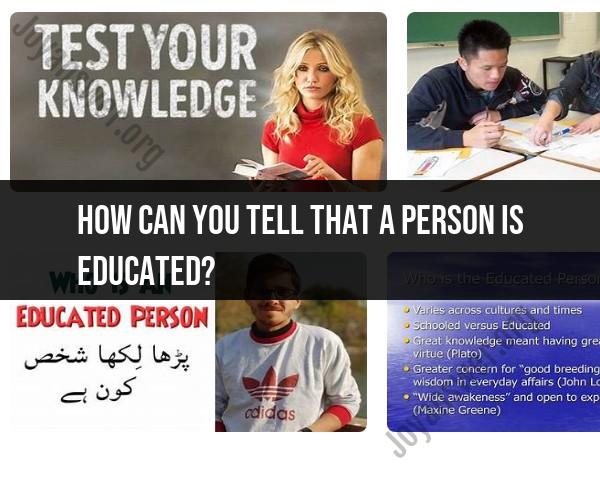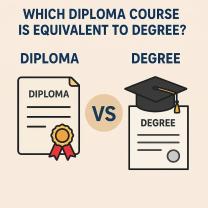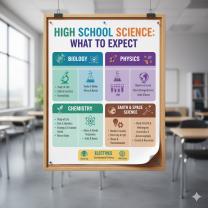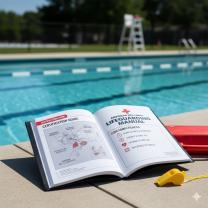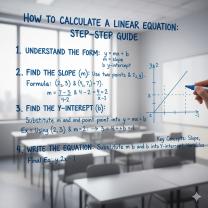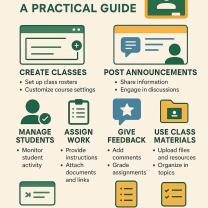How can you tell that a person is educated?
Recognizing an educated person extends beyond formal degrees or qualifications. Here are several indicators that reflect someone's education and intellectual depth:
Critical Thinking Skills: An educated person is skilled in critical thinking. They can analyze information, evaluate arguments, and make informed decisions. They ask pertinent questions and seek evidence before forming conclusions.
Continuous Learning: Education is a lifelong pursuit for them. They display a thirst for knowledge, actively seeking opportunities to learn and grow beyond their formal education.
Effective Communication: They can articulate their thoughts clearly, whether in writing or verbally. They are good listeners, can engage in meaningful discussions, and convey complex ideas succinctly.
Open-Mindedness: Educated individuals respect diverse perspectives and cultures. They're open-minded, willing to consider different viewpoints, and appreciate the richness of various backgrounds.
Adaptability and Flexibility: Education is not just about what they've learned but also about adapting to new situations and evolving circumstances. They embrace change and are flexible in their approach to problem-solving.
Empathy and Emotional Intelligence: They understand and manage their emotions well. They're empathetic towards others, possess strong interpersonal skills, and can navigate social situations effectively.
Cultural Awareness: They have a broad understanding of global issues, history, and cultural diversity. They appreciate art, literature, and the humanities, recognizing their significance in understanding the world.
Ethical Values: Educated individuals often exhibit strong ethical values and integrity in their actions. They understand the importance of ethical behavior in personal and professional settings.
Problem-Solving Abilities: They're adept at identifying problems and finding creative solutions. They demonstrate resourcefulness and initiative when faced with challenges.
Contributions to Society: Education often inspires individuals to contribute positively to society. They may be involved in community service, volunteer work, or initiatives aimed at societal improvement.
Resilience and Grit: Educated individuals display resilience in the face of adversity. They persevere through challenges, learn from setbacks, and maintain a positive attitude.
These indicators reflect not only formal education but also the depth of intellectual curiosity, personal development, and the ability to apply knowledge in various contexts. An educated person continually seeks to expand their understanding of the world and applies their knowledge and skills for personal growth and the betterment of society.
How can one determine if an individual is educated?
Education is a complex and multifaceted concept that encompasses a broad range of knowledge, skills, and perspectives. While formal education plays a significant role in acquiring these elements, it is not the sole determinant of an individual's education level. In fact, there are a number of different factors that contribute to a person's overall level of education.
Formal Education
Formal education refers to the organized and structured learning that takes place in schools, colleges, and universities. This type of education typically involves a curriculum that is designed to teach specific subjects and skills. Individuals who have completed a high school diploma or a college degree are generally considered to have a certain level of formal education. However, it's important to note that formal education alone does not guarantee that an individual is well-educated.
Lifelong Learning
Education is not something that ends with graduation from high school or college. It is a lifelong process that continues as we learn new things throughout our lives. Individuals who are committed to lifelong learning are constantly seeking out new information and experiences. They are voracious readers, attend lectures, take classes, and engage in discussions with experts and peers. This type of learning can be just as valuable as formal education in terms of expanding one's knowledge and skills.
Cognitive Abilities
Education is not just about acquiring knowledge; it is also about developing critical thinking, problem-solving, and analytical thinking skills. These cognitive abilities allow us to make informed decisions, solve problems creatively, and analyze complex information. Individuals who possess strong cognitive abilities are often able to excel in their chosen fields of study and contribute meaningfully to society.
Communication Skills
Effective communication is essential for success in both personal and professional life. Individuals who can communicate clearly and articulately, both verbally and in writing, are able to effectively convey their ideas, collaborate with others, and build relationships. Strong communication skills are also crucial for lifelong learning, as they allow us to engage in meaningful discussions with others and learn from their perspectives.
Cultural Awareness and Global Literacy
Education should not only focus on the acquisition of knowledge but also on the development of cultural awareness and global literacy. Individuals who are culturally aware are able to appreciate different perspectives, engage in meaningful intercultural communication, and contribute positively to a globalized society. Global literacy involves understanding the interconnectedness of the world, the challenges facing various cultures, and the importance of international cooperation.
Adaptability and Problem-solving
In a rapidly changing world, it is essential to be able to adapt to new situations and solve problems effectively. Individuals who are adaptable and able to think creatively are well-positioned for success in the 21st century. They are able to see new opportunities, find solutions to complex challenges, and navigate the ever-changing landscape of their chosen fields.
In conclusion, while formal education provides a foundation for learning, it is the combination of lifelong learning, cognitive abilities, communication skills, cultural awareness, adaptability, and problem-solving that truly defines an educated individual. Education is a journey of continuous growth and development, and those who embrace it throughout their lives demonstrate a commitment to intellectual curiosity, personal growth, and contributing meaningfully to society.
